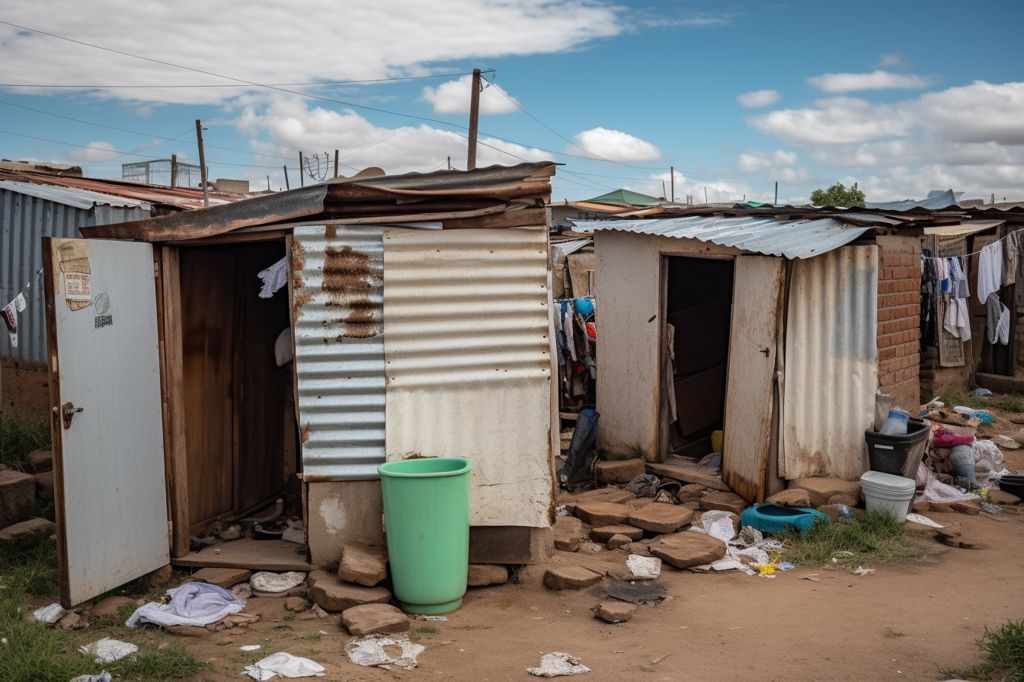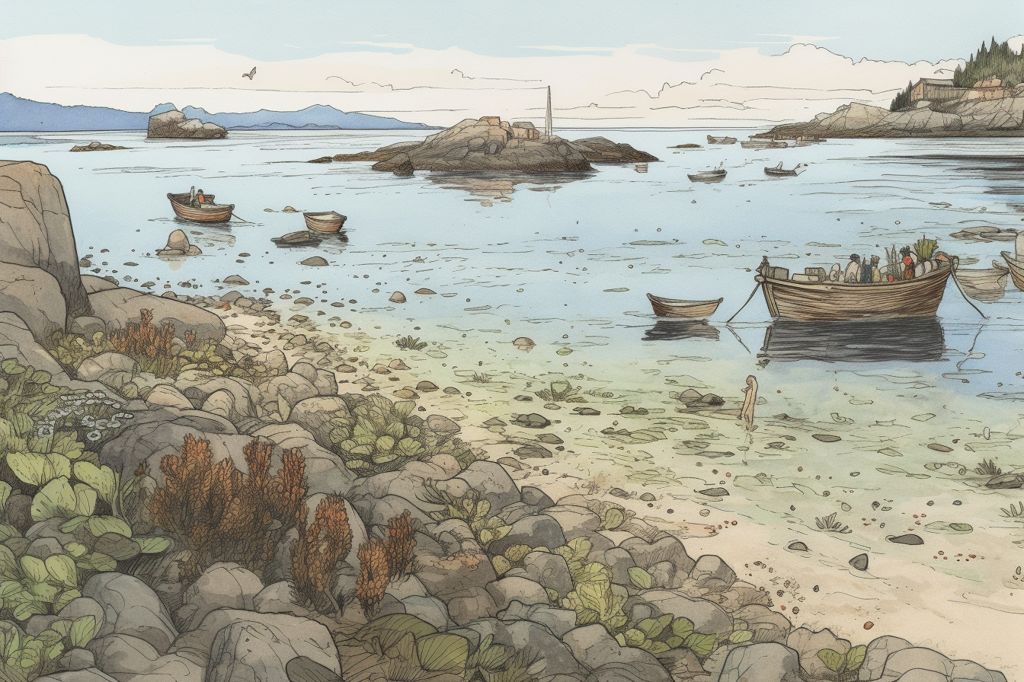The water and sanitation crisis affecting several towns in South Africa has led to broken pipes and maintenance holes, causing severe sewage issues that impact the lives and health of thousands of residents. This crisis is evident in towns like Sannieshof, Ottosdal, and Delareyville, where raw sewage has flooded parts of the local cemetery and forced some households to avoid using their toilets due to backflows from the blocked sewerage system.
SAHRC Investigation
Responding to numerous complaints, the South African Human Rights Commission (SAHRC) conducted a site inspection of these towns in September 2021. The commission’s investigative report, signed off on 20 April 2023, highlighted the appalling living conditions of residents who are forced to endure the presence of raw sewage in their yards and homes. The investigation found that the Ngaka Modiri Molema District Municipality and Tswaing Local Municipality violated the Constitution, the Water Services Act, and the National Environmental Management Act.
Municipal Response
Although the municipalities initially denied water and sanitation challenges, SAHRC officials could carry out site inspections with the assistance of local officials. Despite promises made by the cities to address the issues by providing more water service points and appointing a service provider to unblock sewerage pipes, a follow-up inspection in October 2021 revealed that these promises still needed to be fulfilled.
The Final Investigative Report
The Final Investigative Report directs the municipalities to take several actions to address these human rights violations. These actions include providing a minimum of 25 liters of potable water per person per day, supplying proper toilets, assessing the towns’ water and sanitation infrastructure, and determining the cost of fixing it.
The Extent of the Problem
Data from the national Department of Water and Sanitation Integrated Regulatory Information Services (IRIS) website reveals that sewage treatment works in Ottosdal and Delareyville must meet minimum treatment standards before releasing effluent into local river systems. Additionally, five of the six drinking water distribution systems in the Tswaing Local Municipality have a 0% compliance rate for microbiological and chemical indicators, suggesting that no testing for water quality is taking place.
A Local Businessman’s Experience
Despite the SAHRC’s findings, a local businessman in Sannieshof claims everything has stayed the same since the site visit in 2021. The persistent smell of sewage fills the air, and drinking water is only available at night, sometimes with a foul odor. Complaints to the municipality have been met with no response, further emphasizing the gravity of these communities’ water and sanitation crisis.
Urgent Call for Action
The SAHRC’s directions serve as an urgent call for action to address this critical issue. As South African municipalities continue to violate constitutional rights by failing to provide basic water and sanitation services, it is essential that all relevant stakeholders, including local and national governments, non-governmental organizations, and the private sector, come together to find sustainable solutions to this problem. Access to clean water and sanitation is a fundamental human right, and all actors must ensure that these rights are upheld for all South African citizens.












